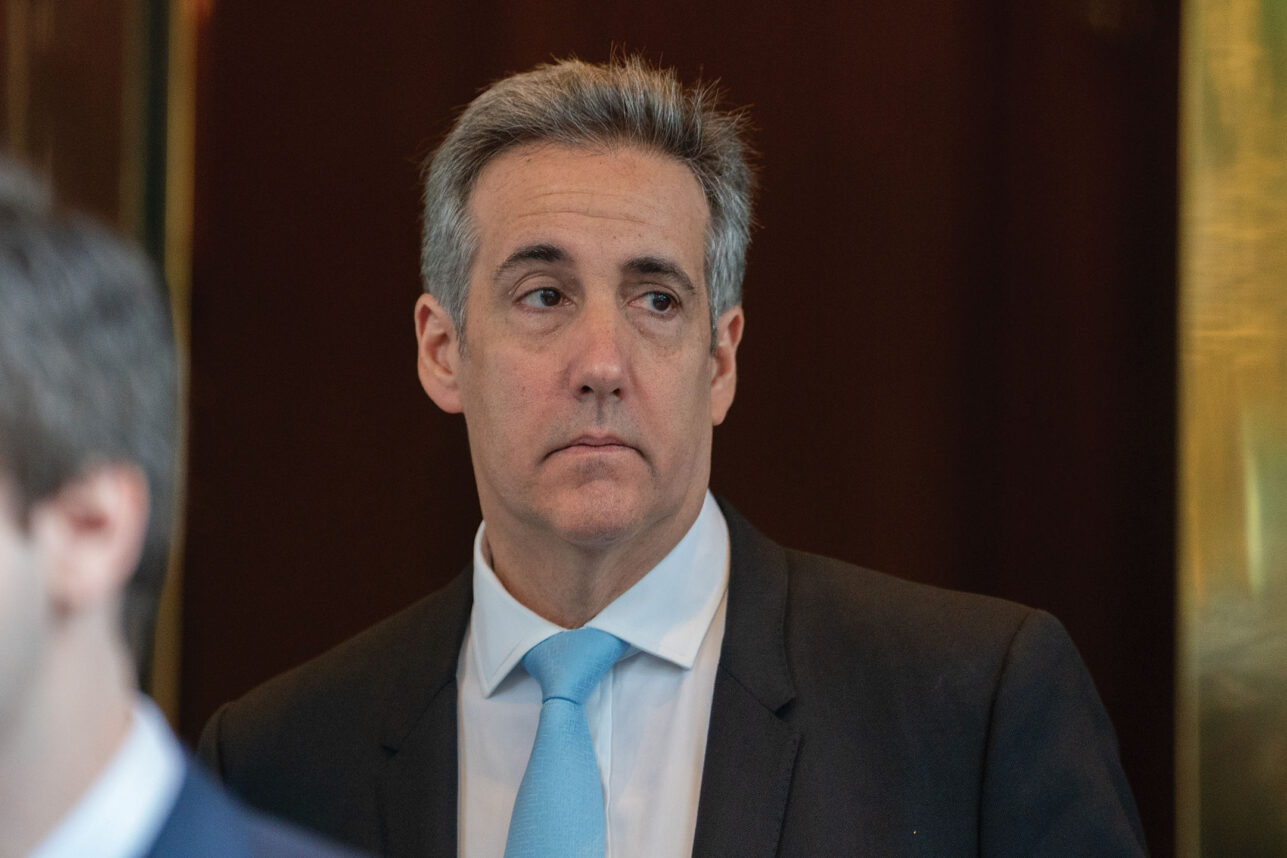Despite the international outcry following last week’s lethal confrontation between Israeli commandos and militant pro-Palestinian activists aboard a Turkish vessel carrying humanitarian aid to Gaza, Israel insists its naval blockade of the Hamas-ruled territory is justified and will continue.
But even Israel’s closest allies backing the blockade as a legitimate means of cutting off weapons supplies to the Hamas regime, with which Israel is in an official state of belligerency, have been critical of the wider siege, which they say is hurting the people of Gaza far more than their fundamentalist rulers.
The new international predicament in which Israel finds itself raises a number of fundamental questions: How necessary is the blockade and how effective has it been? Why was it imposed in the first place? Why was it accompanied by a wider siege blocking civilian goods and movement? And what should Israel do in the face of the storm of international protest?
The blockade-siege in its present form was imposed in June 2007 after Hamas violently expelled the secular Fatah leadership from Gaza and seized power from President Mahmoud Abbas’ Palestinian Authority. Israel and Egypt responded by closing land crossings into Gaza, and Israel reinstituted a naval blockade on the Gaza coast.
Israel’s rationale was that after hundreds of Hamas-inspired rocket attacks, it needed to do whatever it could to keep weapons, weapons’ manufacturing parts and bunker-building materials out of Gaza. The siege, which also limited civilian supplies, was intended to put pressure on Hamas to release captured Israeli soldier Cpl. Gilad Shalit and possibly even to induce popular rebellion against Hamas.
In September 2007, following dozens more rocket attacks, Israel officially declared Gaza “a hostile territory,” buttressing legal justification for its hostile moves against it.
Moreover, by stifling economic development and living standards in Gaza while promoting them in the West Bank, Israel was signaling to the Palestinians that Abbas-style coexistence would get them further than Hamas’ blanket rejectionism.
The Egyptians, concerned that Hamas radicalism could spill over into their territory, argued that opening their border with Gaza would imply recognition of the Hamas government and further undermine the legitimacy of the PA. Formally Egypt insisted on faithfully carrying out the provisions of a November 2005 agreement that provided for supervision of its Rafah crossing point with Gaza by PA and European monitors, a provision rejected by Hamas.
The 2005 “Agreement on Movement and Access” was meant to put the finishing touches on Israel’s unilateral pullout from Gaza two months earlier. Brokered by the United States, the aim was to ease the movement of people and goods in and out of Gaza and thus enhance Palestinian productivity.
Under its terms, the main land crossing points at Rafah, Kerem Shalom and Karni would be fully opened. There was no thought at the time of a naval blockade. On the contrary, work on a feasibility study for an independent Palestinian deepwater port in Gaza was under way.
Dov Weissglas, then Prime Minister Ariel Sharon’s right-hand man, says that with Israel out of Gaza, the Palestinians promised an economic miracle, arguing that without the occupation to hold them back, they would show the world what Palestinians could do if given a chance and turn Gaza into a new Singapore.
According to Weissglas, plans for five-star hotels along the coast and an airport at Dahaniya were far advanced, with former World Bank President James Wolfensohn, then the international Quartet’s special representative, playing a leading role. The idea was to underpin peace between Gaza and Israel through economic progress, much like in the West Bank today. The Hamas takeover, however, put an end to the Singapore dream.
Stepped-up Hamas rocket attacks on Israeli civilians eventually led to Operation Cast Lead, the Israeli land invasion of Gaza in December 2008. After the war ended a month later, Israel’s main concern was to prevent Hamas from rearming.






















 More news and opinions than at a Shabbat dinner, right in your inbox.
More news and opinions than at a Shabbat dinner, right in your inbox.